Epitalon 10mg
£16.99
100 in stock
Epitalon, also known as epithalon or epithalamin, is a synthetic peptide derived from the naturally occurring pineal gland protein epithalamin. Known for its potential to modulate the aging process and promote overall health
100 in stock
Description
Description
Epitalon 10mg – Ultra-Pure Research Peptide
≥99% Purity • Molecularly Characterized • Manufactured for Scientific Excellence
🔬 Overview
Epitalon (10mg) is a specialised research peptide widely used in cellular biology and ageing studies. Composed of a tetrapeptide sequence (Ala-Glu-Asp-Gly), it is engineered for high precision and reliability in advanced scientific research, making it ideal for laboratory applications focused on longevity and cellular regulation.
📦 Product Specifications
-
Product Name: Epitalon 10mg
-
Catalogue Number: EPI10-024
-
Molecular Formula: C₁₄H₂₂N₄O₉
-
Molecular Weight: 390.35 g/mol
-
Purity: ≥98% (Lab Verified)
-
Sequence: Ala-Glu-Asp-Gly
-
Form: Lyophilised Solid
🧪 Storage & Handling
Supplied as a lyophilised powder to maintain stability and extend shelf life. For optimal results, reconstitute using sterile bacteriostatic water (0.9% benzyl alcohol) or equivalent.
🧬 Synthesis & Quality Assurance
Manufactured through a controlled synthesis process ensuring:
-
High purity and structural consistency
-
Batch-to-batch reliability
-
Compliance with laboratory-grade standards
Each batch is subject to rigorous quality control and accompanied by a Certificate of Analysis (COA) upon request.
💡 Why Choose UK-Peptides?
UK-Peptides is dedicated to providing:
-
Direct sourcing from certified manufacturers
-
Transparent supply chains without third-party resellers
-
Independent laboratory verification on every batch
-
Fast UK shipping and responsive researcher support
Our peptides are trusted globally for their quality and reliability.
⚠️ Important Notice
This product is intended exclusively for research use. Not for human, medical, or veterinary applications. No dosing or clinical guidance will be provided. Inquiries regarding human consumption are strictly prohibited.

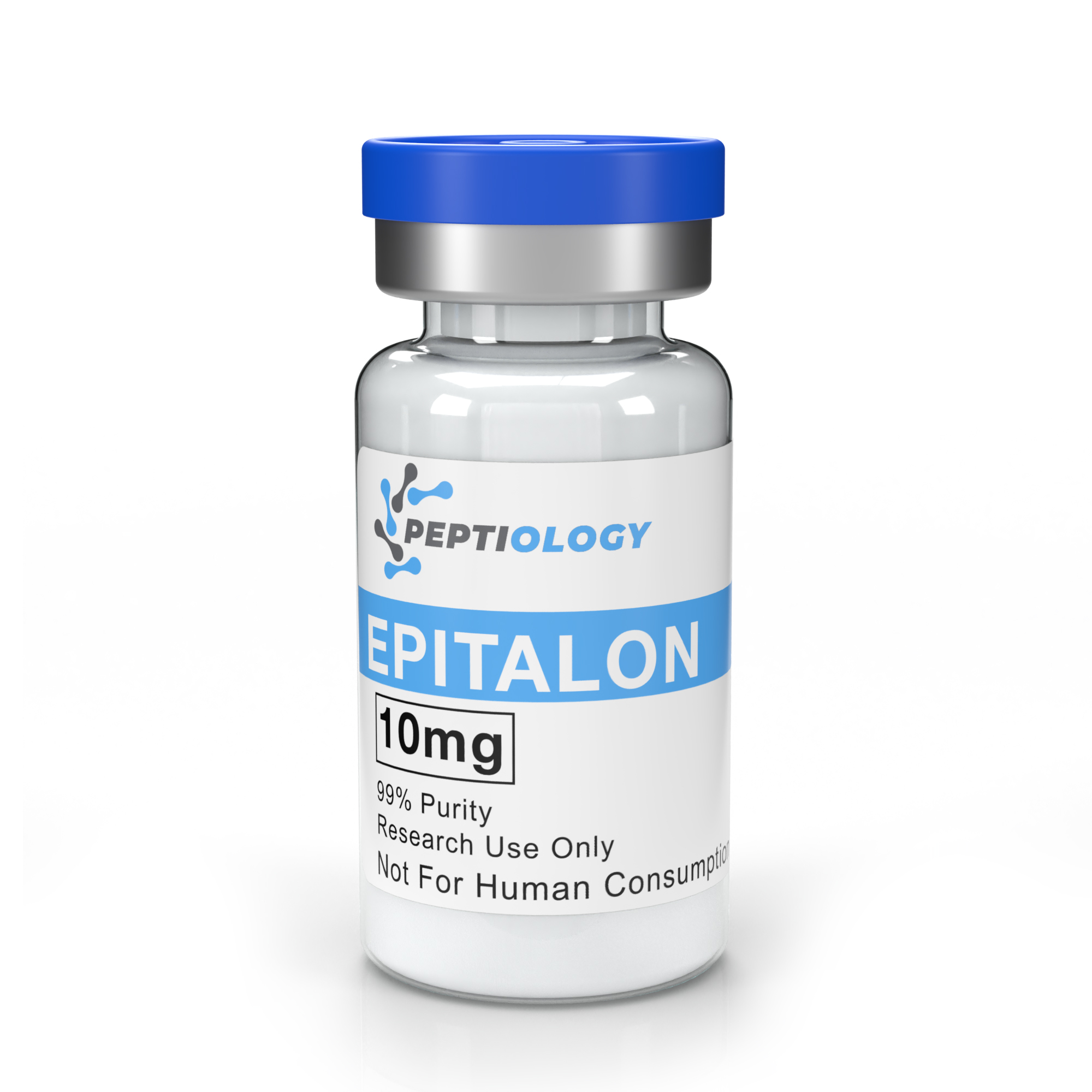
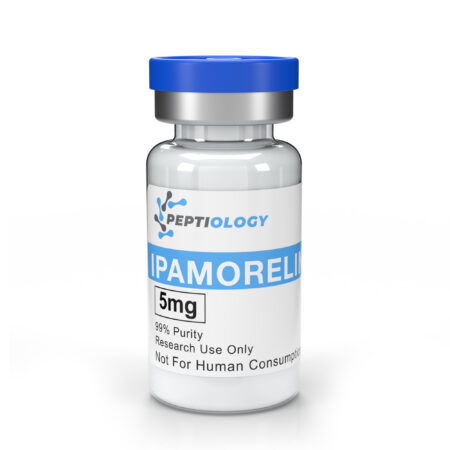
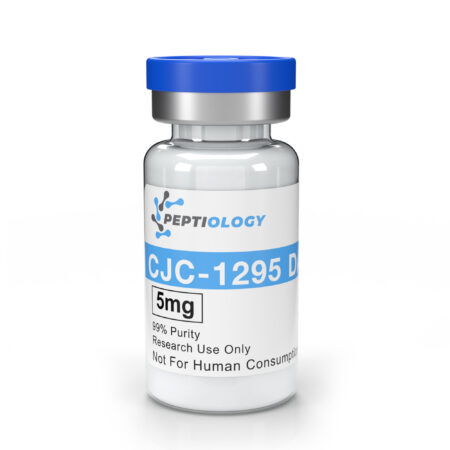
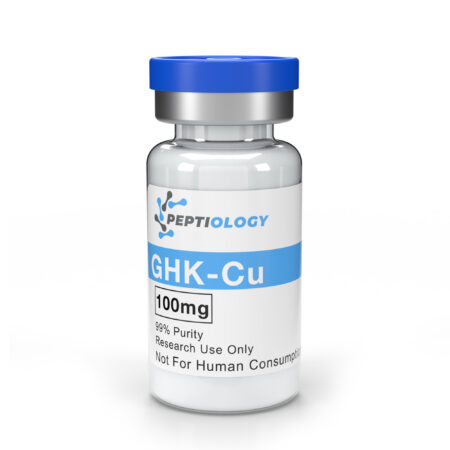
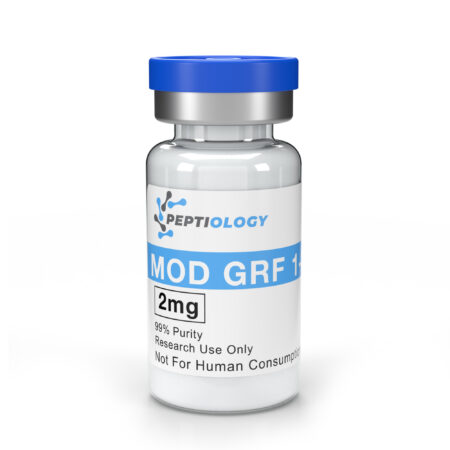
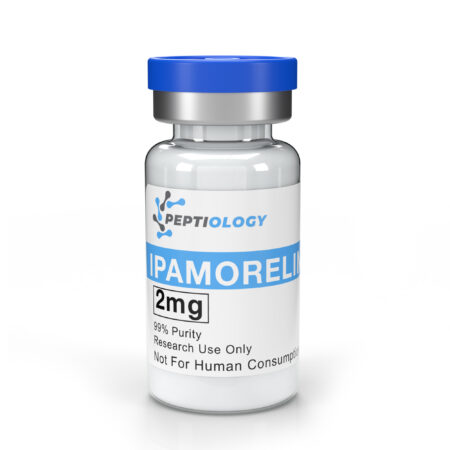
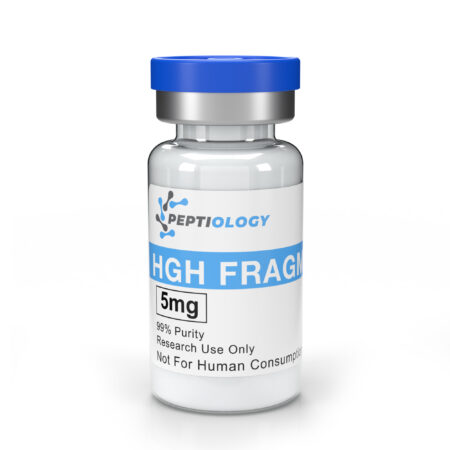
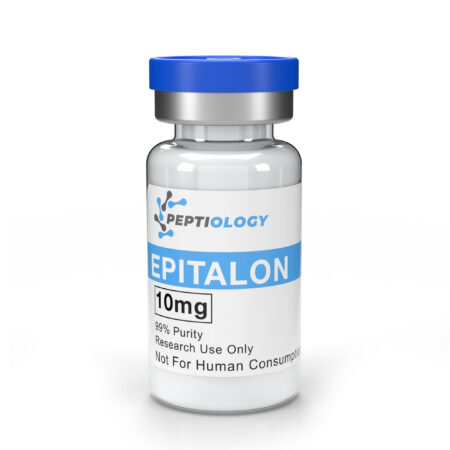
Reviews
There are no reviews yet.